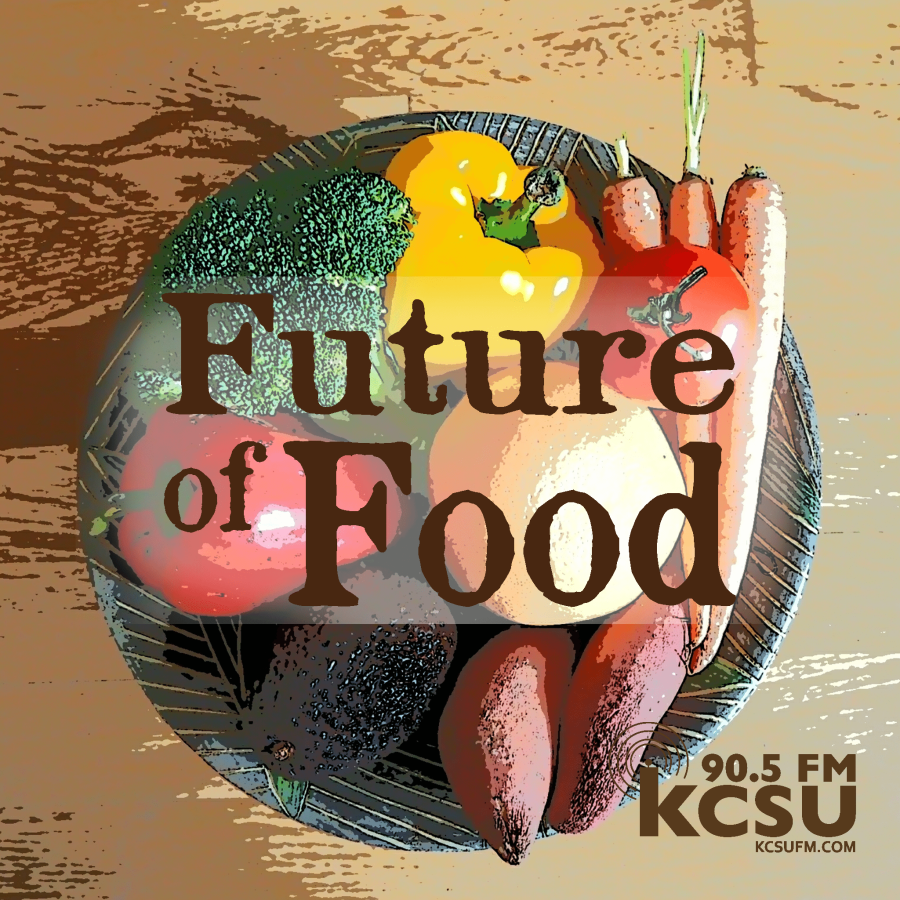There is a significant amount of misinformation regarding genetically modified (GM) foods, and mainstream media often suggest that you must be either vehemently for or radically against GM foods. We wanted to sort through some of the commonly held opinions and evaluate what information is scientifically valid. Our priority is obtaining real facts, and so we brought in an expert in to help educate us, and hopefully our listeners, more on this topic.
Our first guest, Dr. Patrick Byrne is a professor of Plant Breeding and Genetics at Colorado State University, and he’s been involved in this field for over twenty years. In 2000, he started a public outreach program with some of his colleagues at Colorado State University designed to educate on the benefits and risks underlying genetically engineered crops. He shares his knowledge on what exactly is genetic engineering and plant breeding, and he discusses some of ways that we can genetically modify organisms. We were both surprised to learn that there are only ten approved and commercialized GMO crops that have been approved for commercialization in the U.S – we also made some terrible guesses as to what these are.
We challenge you to have a think about what these might be, to listen with an open mind and to hopefully educate yourself some more on this topic, like we have. We look forward to exploring this topic with with you!
If you are interested in further resources, here are the links to the information sources we discussed with Pat. And of course, please feel free to reach out to us with any questions..
Food Evolution, the documentary: https://www.
Pat’s fact sheet on GM Crops, Techniques and Applications: http://extension.colostate.
Pat’s fact sheet on Labelling of Genetically Modified Foods: http://extension.colostate.
Pat’s fact sheet on Bio Pharming, genetic modifications for crops intended for pharmaceuticals: http://extension.colostate.
And for those of you who love details – like really love as this is 584 pages long – Pat also mentions the National Academy of Sciences Report on Genetically Engineered Crops:
https://www.nap.edu/read/


